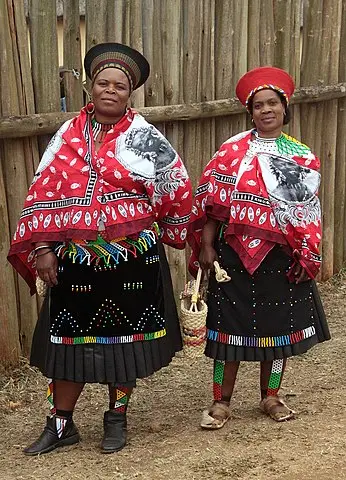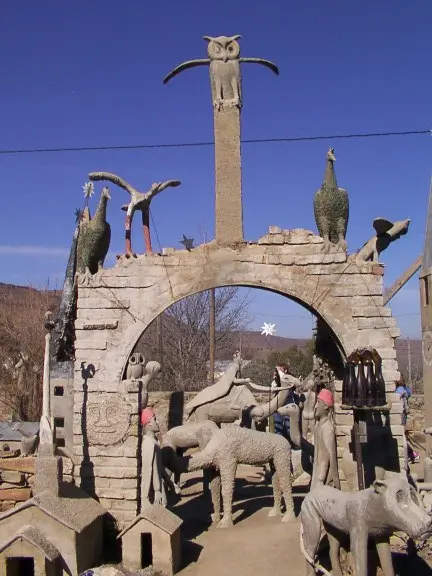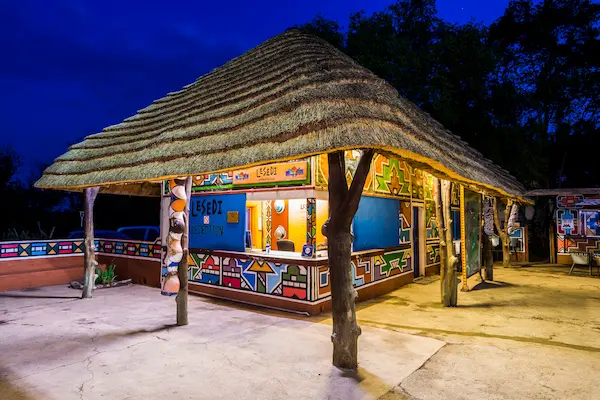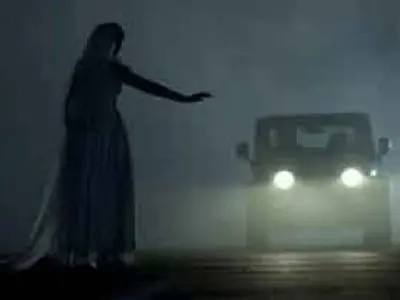The Zulu People: A Journey from Stereotypes to Cultural Renaissance

The Zulu people can be broadly categorized into two types: the traditional Zulus often depicted in postcards, and the modern Zulus who have moved beyond these stereotypes. Historically, the Zulu nation, the largest ethnic group in South Africa, has been subjected to various stereotypes, ranging from the image of a herding peasant to that of a bloodthirsty warrior clad in leopard skin and brandishing a spear. These images, remnants of apartheid propaganda and mass-produced for the tourist market, bear little resemblance to the reality of the Zulu people today.
In contemporary South Africa, most Zulus identify primarily as South African citizens, rather than as members of a tribe. As the country becomes increasingly globalized, traditional customs and practices are gradually being replaced by Western lifestyles. However, it's undeniable that the Zulus were once a formidable military force. The late 18th and 19th centuries were marked by constant Zulu warfare against neighbouring clans, Afrikaner Voortrekkers, and various British regiments. The legacy of legendary leaders like Shaka Zulu, symbols of resistance and national pride, continues to inspire the Zulu people.
This legacy was strategically leveraged by the right-wing Inkatha Freedom Party (IFP), led by the charismatic Mangosuthu Buthelezi, now the Minister of Home Affairs. Despite starting his political journey as a member of the African National Congress (ANC), Buthelezi's relationship with the organization has been tumultuous. In the 1980s, the IFP, with a membership primarily from the impoverished rural areas of KwaZulu-Natal, was involved in a series of violent conflicts with the Xhosa-dominated ANC. These conflicts, often mischaracterized as tribal feuds, were actually rooted in local government disputes.
Despite the process of urbanization, many Zulus have retained their cultural roots. Millions still adhere to customs and traditions, such as consulting traditional healers (nyangas) and practising lobola (a traditional bride price paid by a groom to his father-in-law). Even in the face of urbanization and Christianity, belief in ancestral spirits remains strong among the Zulu people.
In the post-apartheid era, the importance of ethnicity has diminished, paving the way for a resurgence of indigenous cultures. There is no official support for all aspects of traditional black culture, from music and theatre to traditional healing. Cultural villages have been established to promote indigenous crafts and customs. For instance, at the Simunye Pioneer Settlement in KwaZulu-Natal, visitors can learn about the battles with the British from a Zulu perspective.
Most importantly, the post-apartheid revision of history books has allowed black schoolchildren to take pride in their tribal heritage without fear of being patronized or politically stigmatized. It seems that the Zulu people can finally move beyond the stereotypes depicted in those postcards.




